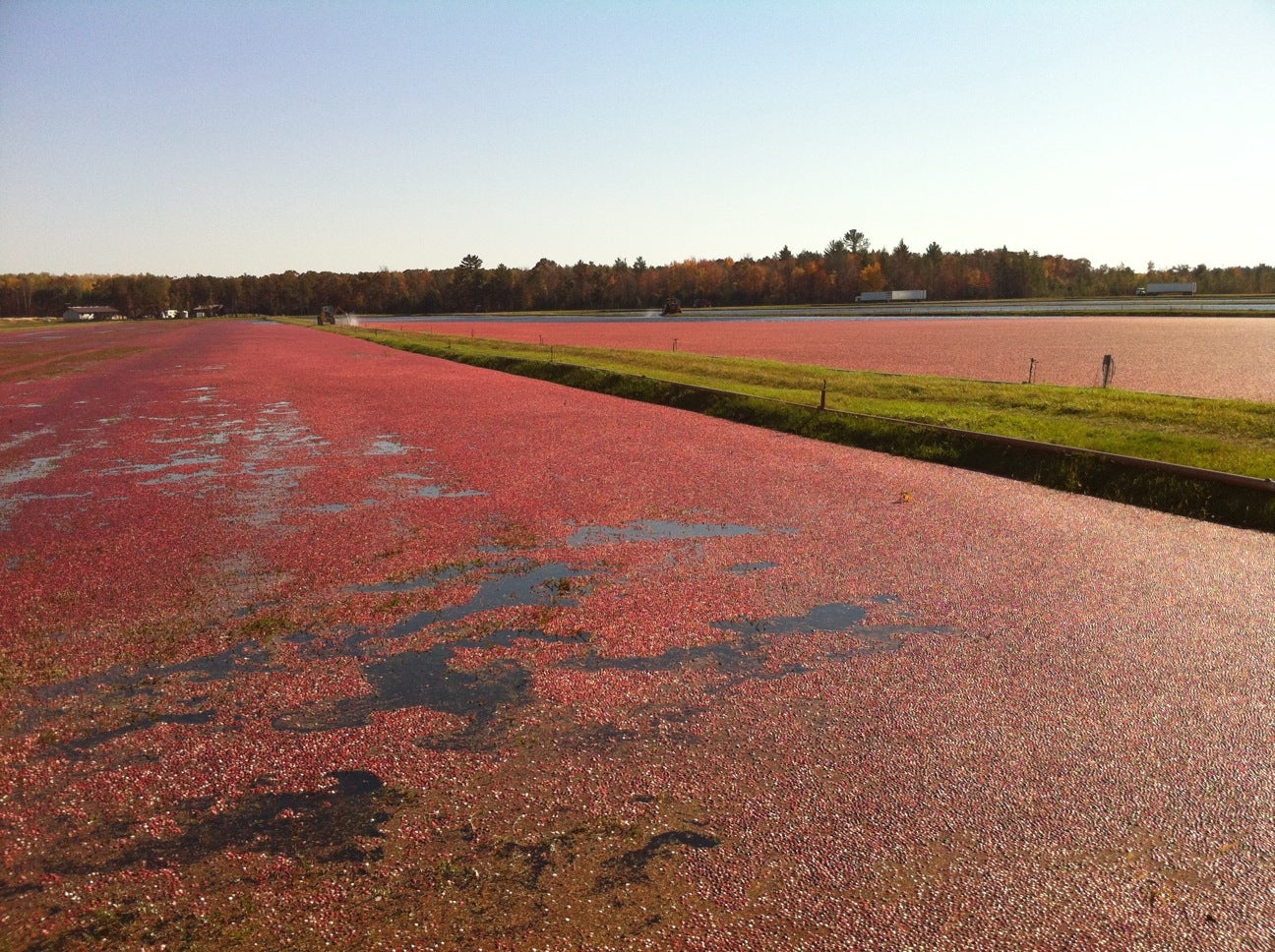After months of negotiations, the United States and South Korea have finally reached an organic food trade agreement.
Shipments of U.S. organic cheese, cereal, and juices can once again be sent to South Korea, and South Korea can again export its organic green tea, thanks to an organic equivalency agreement that the two countries have reached. The agreement essentially means that the countries both recognize each other’s standards on processed organic products.
“Since Korea does not have a dairy industry, here in Wisconsin this opens a lot for our dairy industry,” said Harriet Behar, an organic specialist with Midwest Organic and Sustainable Education Services.
Stay informed on the latest news
Sign up for WPR’s email newsletter.
But fresh and raw products are not covered under the trade agreement, which could affect Wisconsin’s cranberry industry. Organic fresh fruits and certain dried fruits cannot be exported unless a specific organic certifier approves the product.
Organic Trade Association CEO and executive director Laura Batcha says U.S. organic exports to South Korea were valued at $35 million last year and sales are expected to double in five years.
“The Asian markets place a high premium on U.S. products so, (for American farmers) it’s a really nice way to maintain your price in the marketplace and they can be very profitable additions to your overall sales portfolio,” she said.
Batcha says a similar trade agreement with Switzerland is underway and talks are beginning with Costa Rica and Mexico.
The United States already has an organic equivalency agreement with Canada, the European Union, and Japan.
Wisconsin Public Radio, © Copyright 2024, Board of Regents of the University of Wisconsin System and Wisconsin Educational Communications Board.





